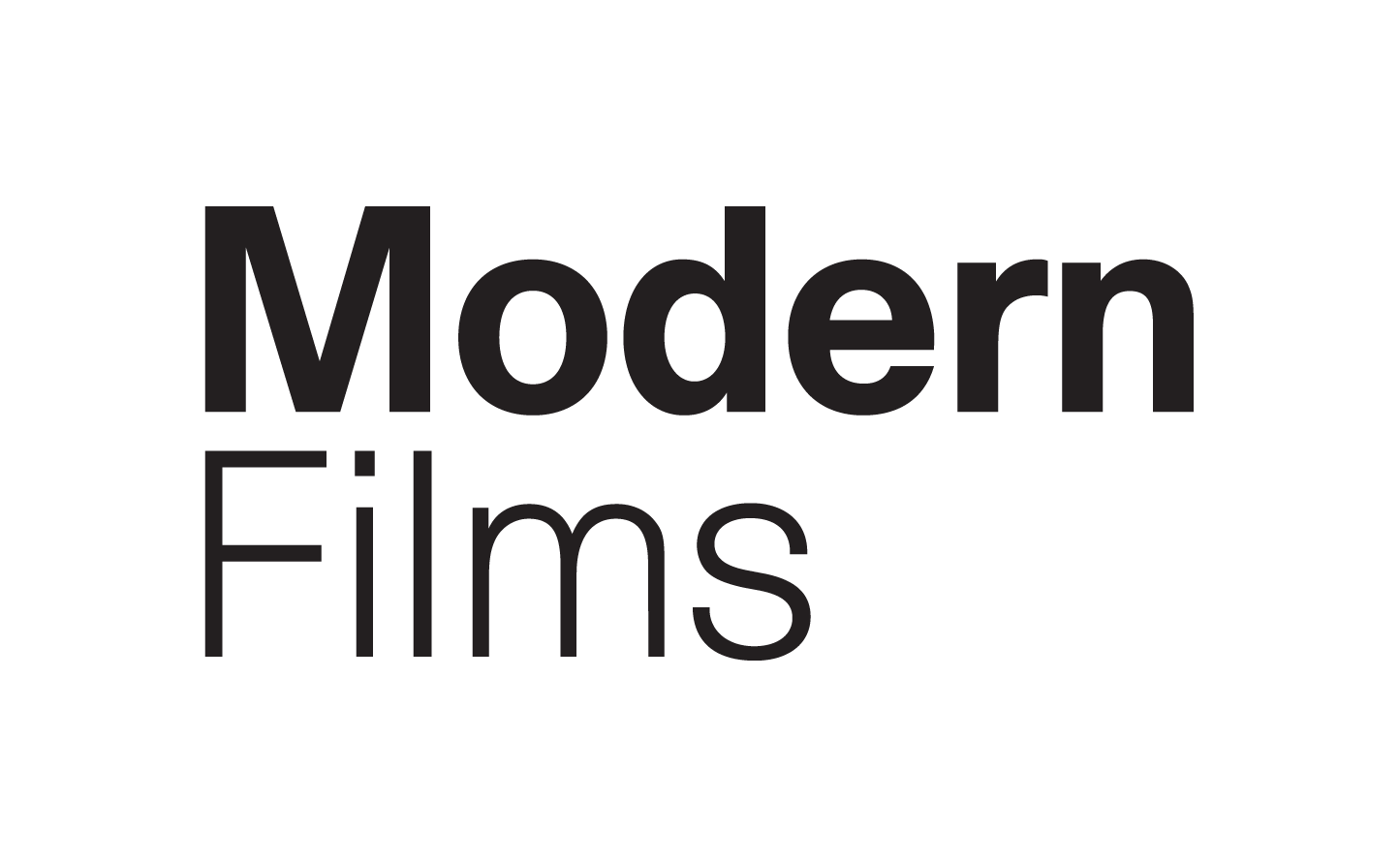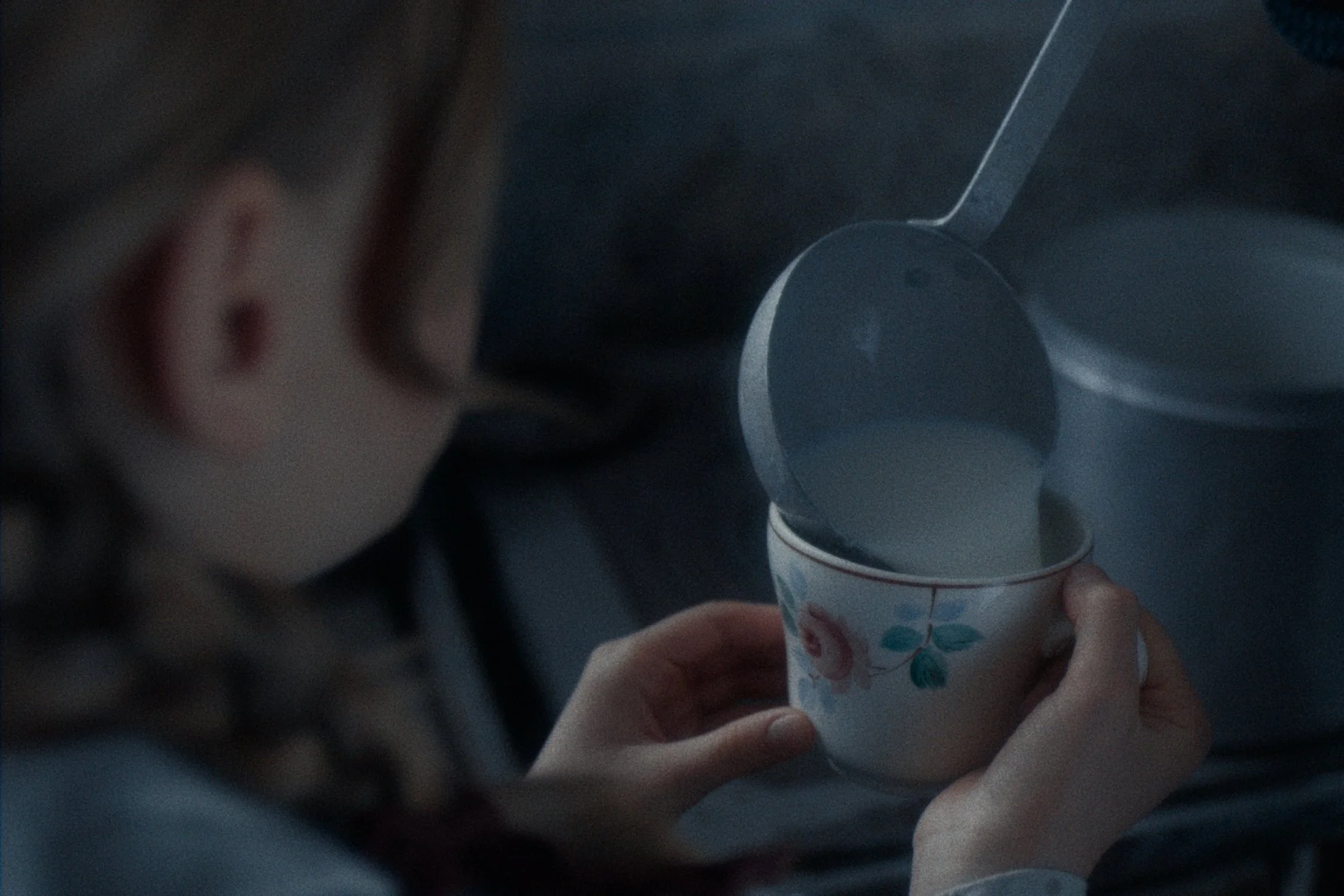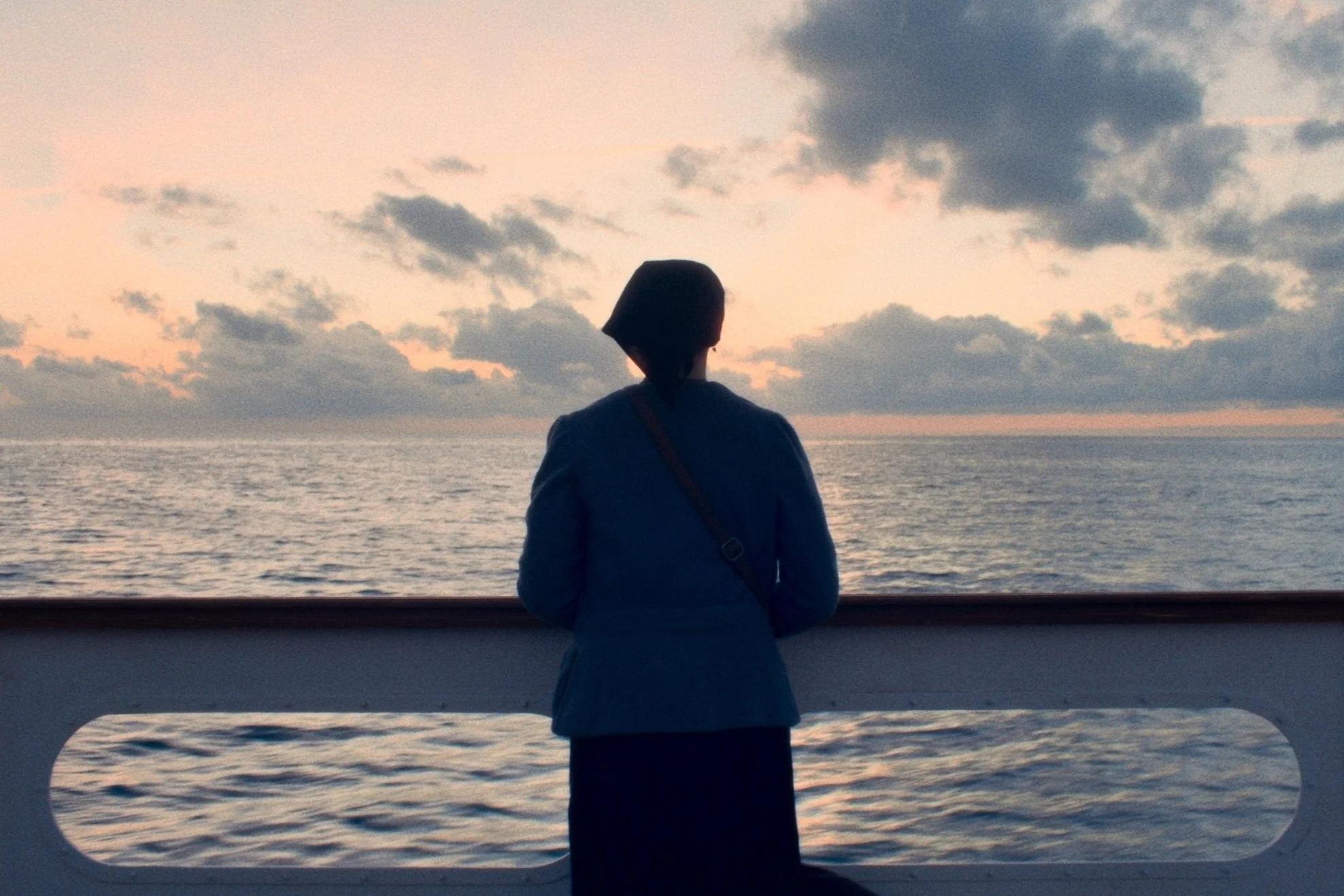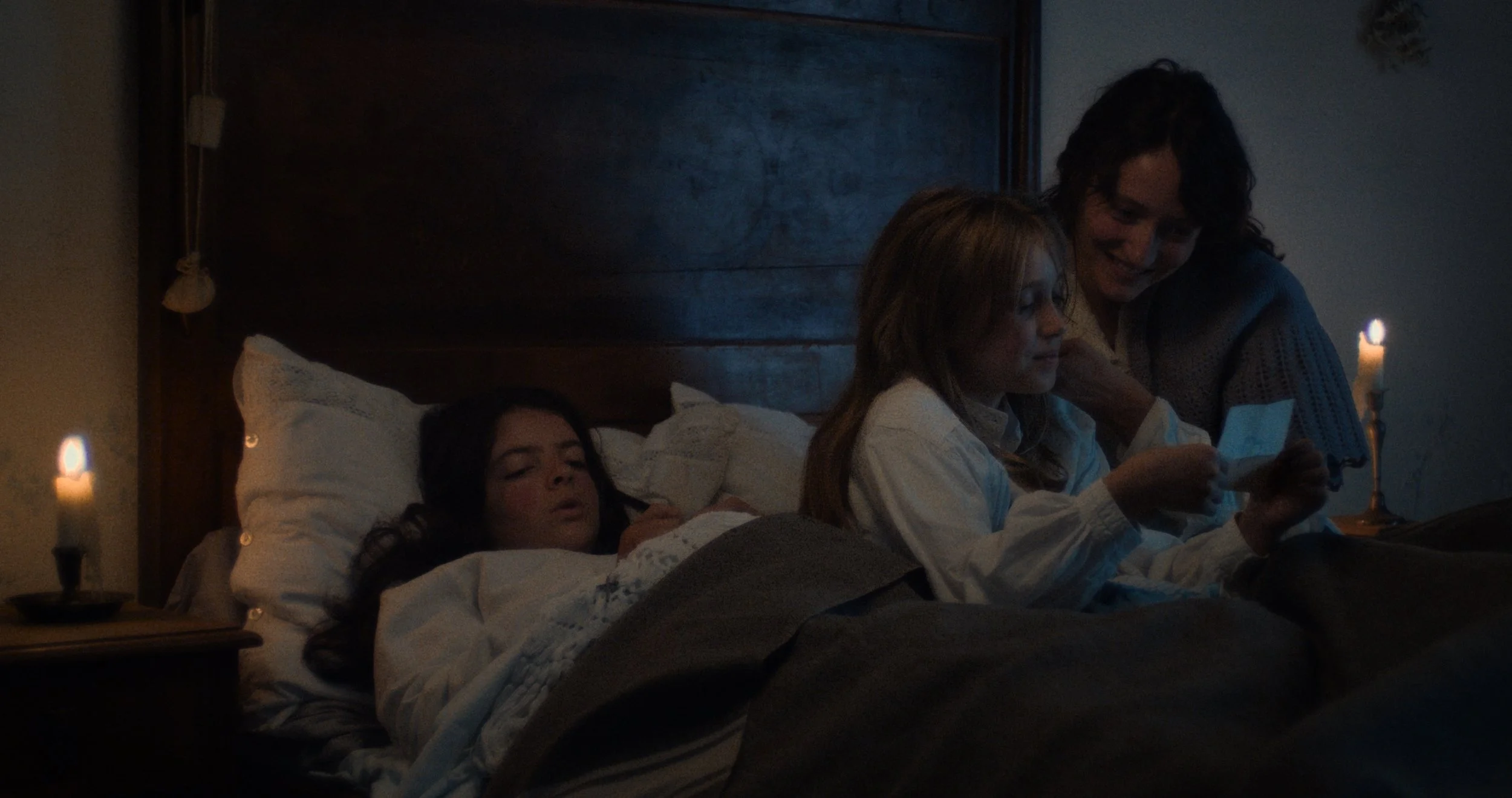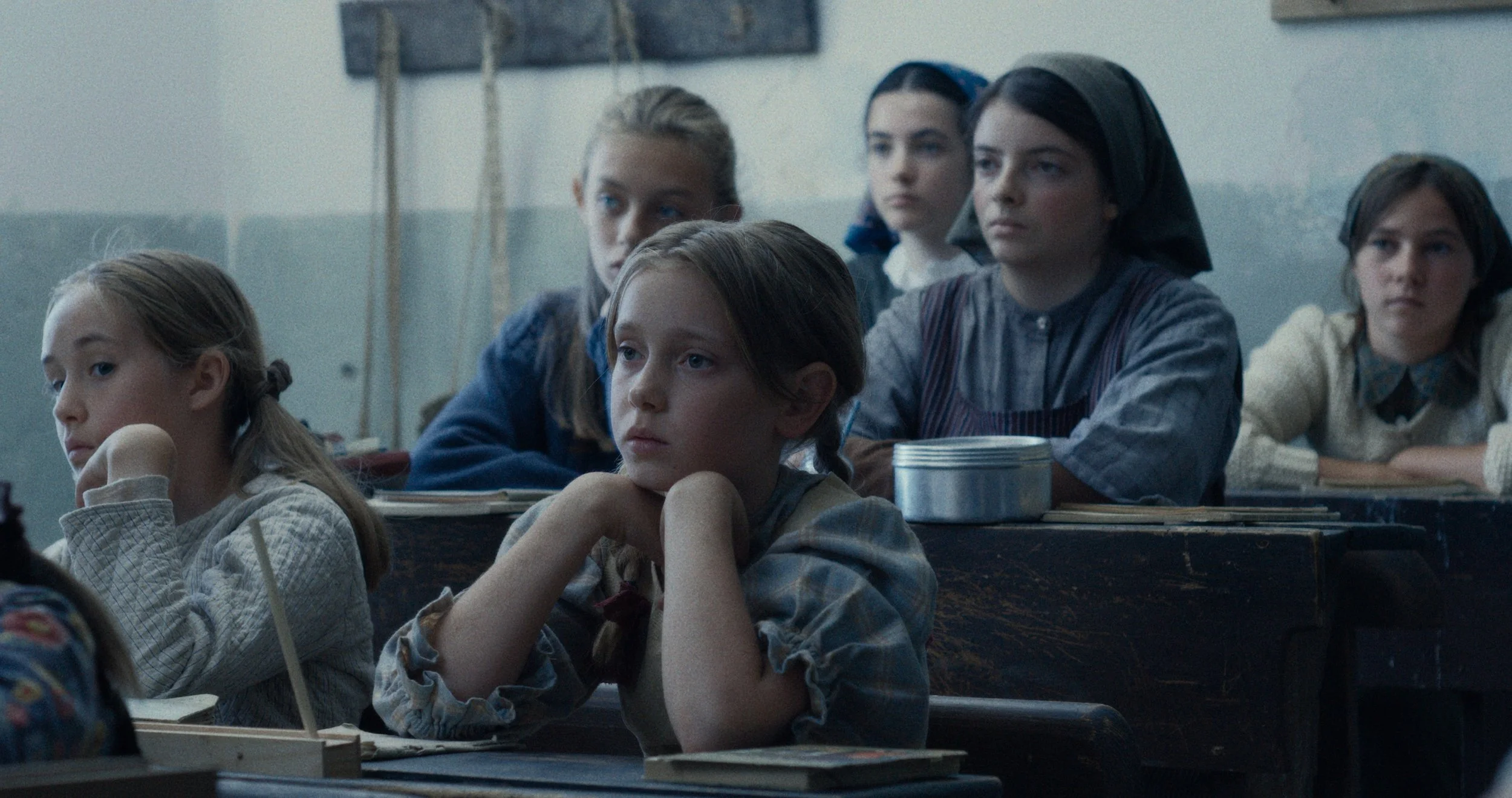“Vermiglio is a landscape of the soul, a "Family Lexicon" that lives inside me, on the threshold of the unconscious, an act of love for my father, his family and their small town. Crossing a personal period, it wants to pay homage to a collective memory”
Maura Delpero
Winner of the Silver Lion Grand Jury Prize at Venice, Golden Globe Nominee and Academy Award shortlisted®, Maura Delpero’s VERMIGLIO is a hauntingly beautiful period tale of family secrets. We sat down with Maura to discuss what inspires her as a filmmaker, her most poignant film memories, the diversity and layers that exist in big cities and a future of strengthened gender equality for young women.
Read our 5 questions with Maura Delpero below:
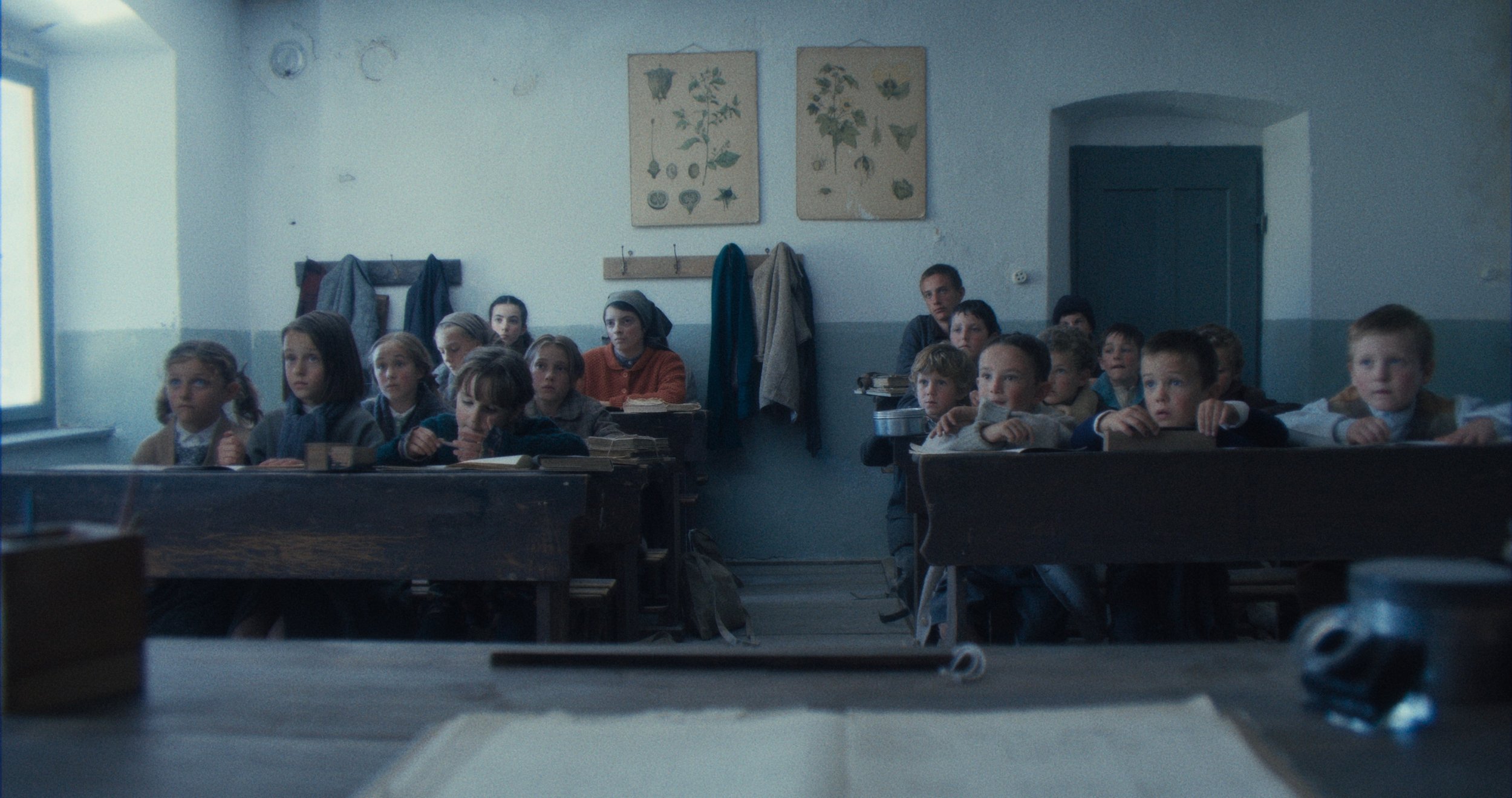
Is there a specific film that impacted you or a favourite film memory?
There is not one… it’s more specific moments that I remember.
There’s a specific moment in The Piano by Jane Campion that kills me… it kills me. The moment when she is able to go back to her piano- when Harvey Keitel brings her to the beach where she left her piano and she is able to play again. The smile of this woman reaching her tool of expression once more… I think it is one of the most moving moments in cinema.
I was always impressed by the simpleness and the ‘knife in the heart’ feeling that is The Bicycle Thief. To me there is nothing more moving than the struggle of ordinary people. And there you really see day-to-day life… there is something that moves me a lot in that.
There is also something very moving in the strictness and the harshness of Haneke’s films, like Amour. Like when you really love someone and you want that person to be happy. There’s the moment where the child asks about death in The White Ribbon… that really kills me. Some images of Fanny and Alexander. Some beautiful moments in The Sacrifice by Tarkovsky.
Which cinema do you love and why?
I love cinema that leaves me a space. That considers me part of the experience— that doesn’t take me by the hand explaining everything to me and underlying where there should be emotion. I don’t judge it, I don’t demonise it— but for me personally, I am not interested in entertainment, I don’t go to the cinema to be entertained. I don’t go to the cinema to forget my life. I go to the cinema to live another life. I want to multiply my possibilities to live in this world. I want to live different experiences, I want to feel emotion and I want to reflect. I also like when cinema has a strong proposal in terms of artistic integrity. I like that cinema.
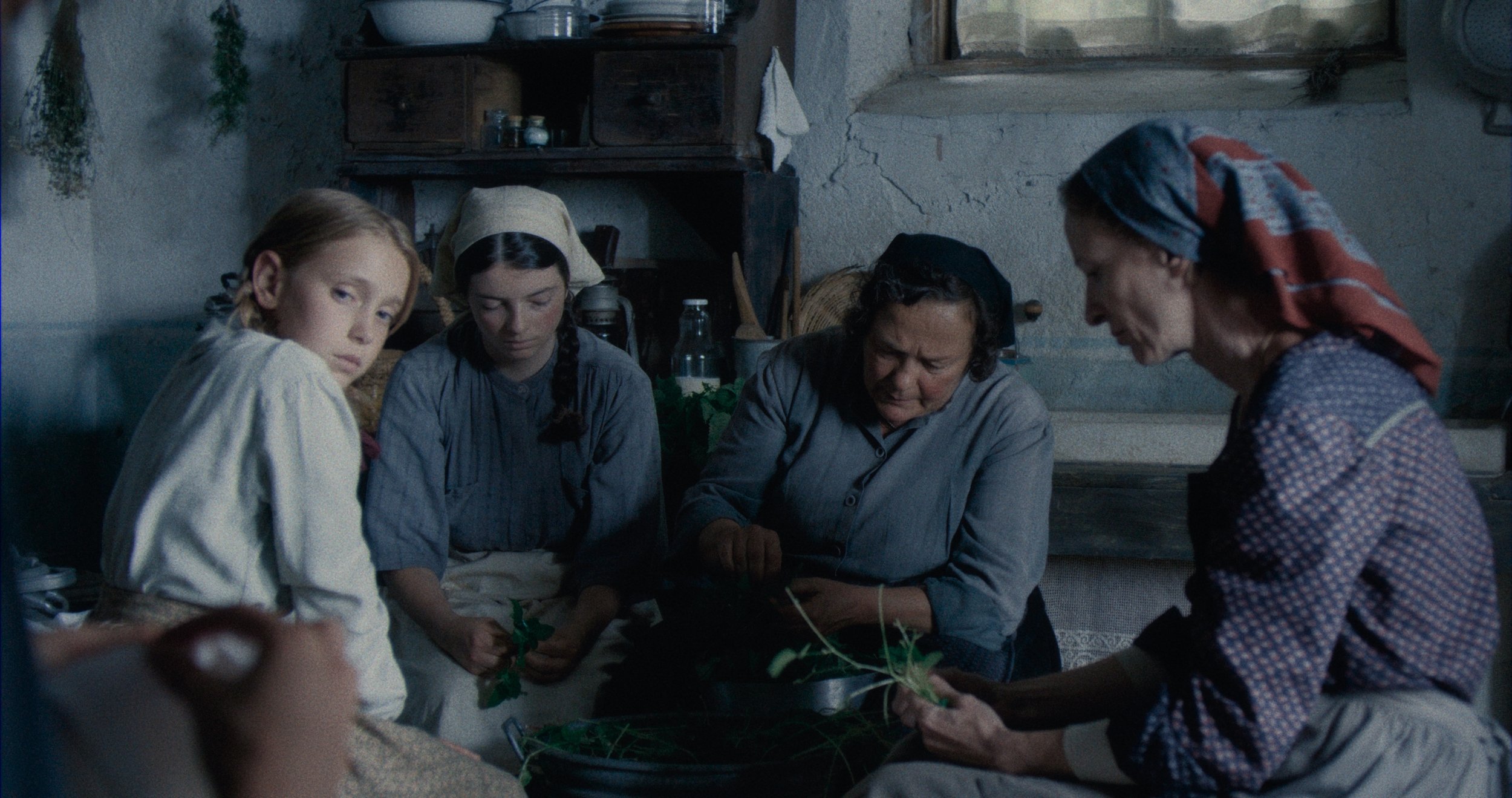
Which city inspires you?
I wouldn’t talk about a specific city, I would talk about the type of city that inspires me… or at least the cities in which I feel good. They are usually big cities. For some people they can seem quite cold and anonymous. But I feel like in those anonymous situations there’s a freedom of not being judged about who you are, or deciding who you are. There’s space for diversity.
I like when I can walk in the city and see that there’s life. I like cities that have layers and where I feel that everyone has their own space.
Some cities that seem to be perfect and beautiful and clean are a bit of a nightmare because if you don’t act like everyone, if you don’t stick to what is expected of you, you can be pointed out and I think this can transform into a nightmare. Especially little places, they have this risk. In Argentina they have this saying “little village, big hell”… I think for example in Vermiglio, if Lucia would have stayed in that moment, in that period of society and in the village, she would have been spotted, tainted — the “widow”, the one who had the son with a liar…not being free to reveal her life.
What is great about modern life?
In terms of gender equality, I think we are better now than we were before. I look to young girls and I have big hope— because I see that they already have less problems than we did, and that some things already seem ridiculous to them. They accept the patriarchy less. I think my daughter, my granddaughter, will live in a better world.

Do you have a major creative reference?
I have mixed references, not just cinema… it’s literature, it’s music it’s photography, it’s paintings, and it’s real life. Real life is a big reference to me; real stories, real people— that brings emotion to me and really enters my creative process.
Most of the time, what happens to me— while reading a book or watching a film, I begin to be inspired, but about something completely different. It doesn’t have to do with what I’m reading or what I’m watching, it’s just that the setting of reading or watching puts me in a creative mood. And it’s like an engine to the creative process. It’s really surprising what happens to me— I’ll be in the cinema, and I’ll take out the piece of paper I have in my bag, and I will begin to write very quickly about something completely different to what I am watching…
